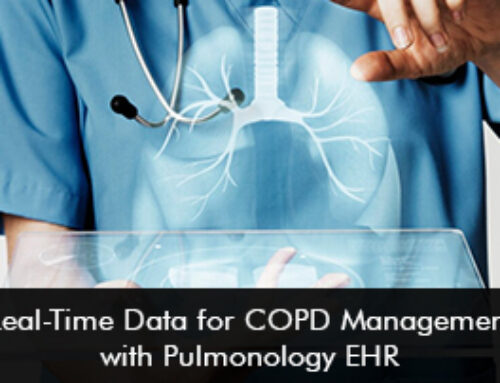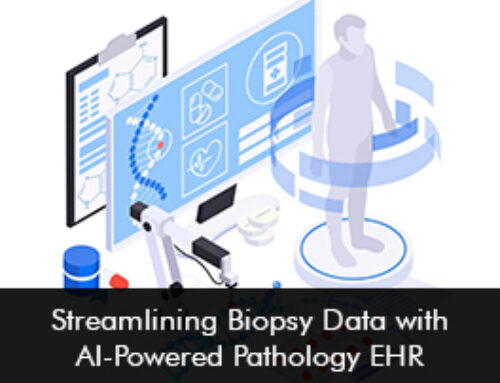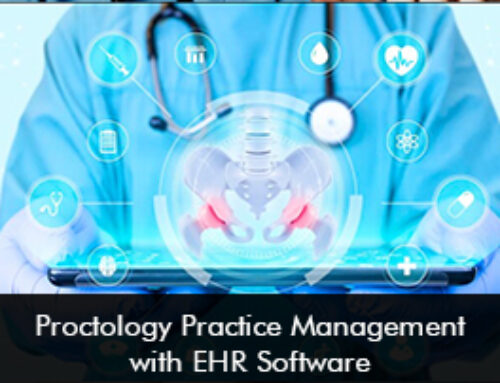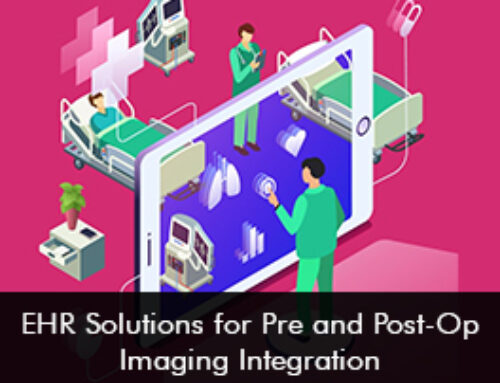National Center for Biotechnology Information report (2011) when generalizing results to the US cancer population concluded that “EMR systems can provide detailed clinical data not found in claims that are extremely important in conducting epidemiologic and outcomes research.”
In 2019, more than 1.75 million cancer cases were encountered in the US. Fortunately, because of earlier diagnosis techniques, improved procedures, and healthy lifestyle choices, a massive drop was observed in the demise rates.
Our conversations with medical officers have highlighted that the need to switch is created because most of them are looking for a more robust Electronic Medical Records (EMR), Practice Management, Medical Billing and Clinical Decision Support Software solutions that can help them in improving clinical and financial workflow.
Getting an over-budgeted option or opting for a Free or Open Source EMR Software is never advisable. Here are the top 5 ways your Electronic Health Records (EHR) Software can help improve Cancer Management for your healthcare practice. This list can also work as a checklist for things to look for in an Oncology EMR Software.
Coordination between Primary and Secondary Healthcare Settings
Oncology EMR/EHR or Practice Management (PM) Solution ensures continuity in evolution per case basis between the care environments and allows the physicians and the staff to access all the patient data throughout the transition. This eliminates the need to carry paperwork and relieve the caretakers of the patients from a lot of stress.
Efficient Management of Complex Regimens
Complex healthcare procedures can be simplified through personalized workflow and automated tasks (e.g. flow sheets and personalized templates). The Patient Scheduling feature allows Appointment Reminders and Booking Services. An e-Prescribing (e-Rx) tool allows automatic prescription generation and updates to ensure that the treatment regimen is being followed as required.
Specialty-Specific Tools and Functionalities
While a Multi-Specialty EHR Software could be helpful for oncologists, a specific Oncology EMR Software could be of even more help when it comes to Cancer Management. A specialty-specific EMR solution provides tailored solutions to all the problems and tasks to be done by the physicians and the staff. This makes the use and workflow smoother since everything within the software is already related to medical practice. Hence, the staff or the doctors need not readjust everything according to their procedures.
Monitor and Control Fluctuating Conditions
Oncology EMR/EHR or Practice Management (PM) gives the ability to constantly monitor the patient condition and recovery progress. This helps in making informed decisions and allows us to customize or edit the treatment plan at any point according to the fluctuating conditions assuring that the right patient gets the right treatment at the right time.
Maximize Cash Reimbursements
Electronic records entered at the time of the initial contact are completely error-free and comprehensive, that automatically makes the reimbursement procedure faster. It allows the practice to charge patients immediately after the delivery of care, hence decreasing the payment time cycle, and increasing the revenue realization.
References
Lau EC, Mowat FS, Kelsh MA, Legg JC, Engel-Nitz NM, Watson HN, Collins HL, Nordyke RJ, Whyte JL. Use of electronic medical records (EMR) for oncology outcomes research: assessing the comparability of EMR information to patient registry and health claims data. Clin Epidemiol. 2011;3:259-72. doi: 10.2147/CLEP.S23690. Epub 2011 Oct 11. PMID: 22135501; PMCID: PMC3224632.







